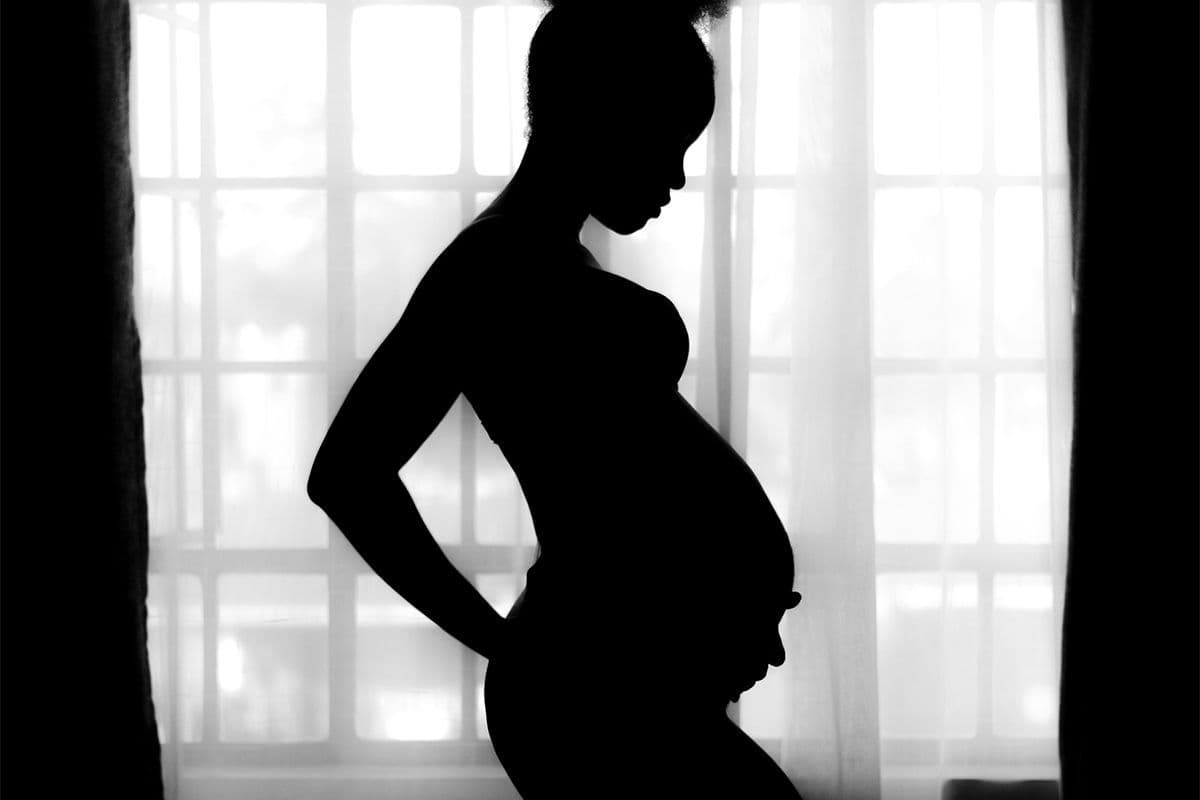Ten Tips For Reducing Risks Of Birth Defects
Pregnancy
Obie Editorial Team

Everyone wants a healthy pregnancy and there are some ways you can reduce your risk of birth defects in your baby. Here are ten tips!
- Before getting pregnant see you health care provider for a preconception visit. The goal of this exam is to make sure that you are healthy, that you get your questions answered, maybe get some tests done, and find things that could affect your pregnancy. Along with advice about diet, exercise, and other healthy behaviors, you can make sure that your vaccinations are up to date for your age and risk factors. If you have a medical condition, seeing your health care provider gives you the chance to get in the best possible health before you try to get pregnant. This may involve making changes to your diet, medication, or other areas to bring your condition under control.
- Know your genetic risk factors. Some people have genetic disorders in their families that can increase their risk of having children with birth defects. There is detailed information about assessing your baby’s risk of genetic disorders and recommendations for screening and diagnostic testing.
- Take your prenatal vitamin. The supplement should contain at least 400 micrograms (0.4 mg) of folic acid, and you should take it at least 1-2 months before and then during pregnancy. Folic acid—a form of a B vitamin— can help prevent neural tube defects in your baby. To be effective, you must have enough folic acid in your body at least 1-2 months before pregnancy. Taking a supplement containing folic acid every day ensures that you get this important vitamin. Women who have previously had a baby with a neural tube defect should take 4 mg of folic acid beginning 1 month before trying to conceive and continuing through the first 3 months of pregnancy.
- Use medications wisely. Tell anyone who prescribes drugs for you that you are pregnant or thinking of becoming pregnant. Do not stop taking a medicine prescribed for you without talking to your health care provider because not taking your medication could cause harm to you or your unborn baby. Also, check with your health care provider before taking any over-the-counter drug, such as pain relievers, laxatives, cold or allergy remedies, vitamins, herbal products, and skin treatments.
- Maintain a healthy weight. Being at a healthy weight before becoming pregnant benefits both mother and baby. Women who are obese (have a body mass index of 30 or greater) before becoming pregnant are at increased risk of having babies with birth defects, including neural tube defects, heart defects, and abdominal wall defects. It also may be more difficult to diagnose fetal defects during ultrasound exams when the mother is obese. In addition to birth defects, obesity is linked to many pregnancy problems, including gestational diabetes, preeclampsia, cesarean deliveries, and infections.
- Maintain a healthy diet. "You are what you eat" is true, especially as you are trying to get pregnant and during pregnancy. Your fetus eats what you eat too. Find out which fish is safe and which is not safe. What food should you not eat?
- Do not use alcohol. Alcohol use during pregnancy is a leading cause of intellectual disability and other birth defects. It is not clear how much, if any, alcohol is safe to drink during pregnancy. For this reason, pregnant women should avoid drinking any alcohol.
- Prevent and check for infections. Several infections, including toxoplasmosis, cytomegalovirus infection, and German measles, can cause birth defects. Make sure you know whether you have them or not.
- Get your immunizations before you are pregnant. Some immunizations are contraindicated in pregnancy, so it's best to get them before pregnancy
- Assess your environment for potentially harmful agents. This is one of the most difficult things to do as many environmental toxins are not known to most people. Exposure to toxic agents, such as lead, mercury, or radiation, can cause birth defects. Learn the practical steps you can take—such as the ones mentioned in this chapter—to lessen your risk.









